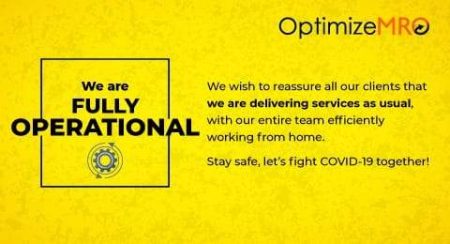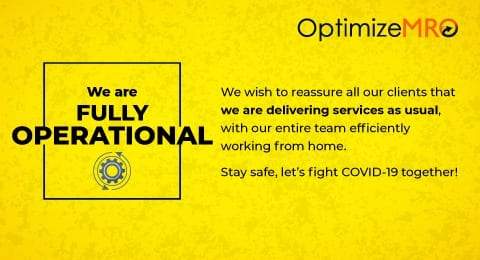
What is taxonomy
Taxonomy is a classification system that organizes and defines the relationships between data. It is usually hierarchical in nature, with different levels of classification. The taxonomy is the backbone of any organization’s information architecture and is critical for any company that collects, stores, or distributes large amounts of data or content. You can therefore classify your spend data correctly down to the granular level. This way, you know what your organization is spending on, how much, to which category and whether there is any scope for savings or negotiations.
Why is taxonomy necessary for Spend Analysis?
A taxonomy is an important part of the spend analysis process because it helps to define what information should be collected and analyzed. It also provides a way for you to store, retrieve and search the data easily. To provide an MRO materials database with a reliable and scalable structure, a well-structured MRO data taxonomy is essential. An MRO taxonomy allows accurate classification of materials into different commodity groups, which in turn allows intelligent decisions to be supported by insight. A good material classification is crucial for spend analytics, which allows you to see real-time procurement spend patterns, optimize inventory, and improve vendor relations.
Benefits of a well-structured MRO Data Taxonomy
A well-defined MRO Data Taxonomy is a must for any organization that wants to get the most out of their data. The taxonomy should be simple and easy to understand, as well as follow a logical structure. It should also be able to accommodate changes in the way data is collected and stored. The benefits of a well-defined MRO Data Taxonomy are numerous. It increases efficiency, improves accuracy, saves time and money, and reduces risk by giving you full control over your data.
Classifying items at the high level with a basic taxonomy can be helpful, but a robust taxonomy that includes industry-specific MRO categories can greatly increase spend analysis capabilities, also support e-commerce transactions and allow for seamless integration of ERP and EAM/CMMS systems.


